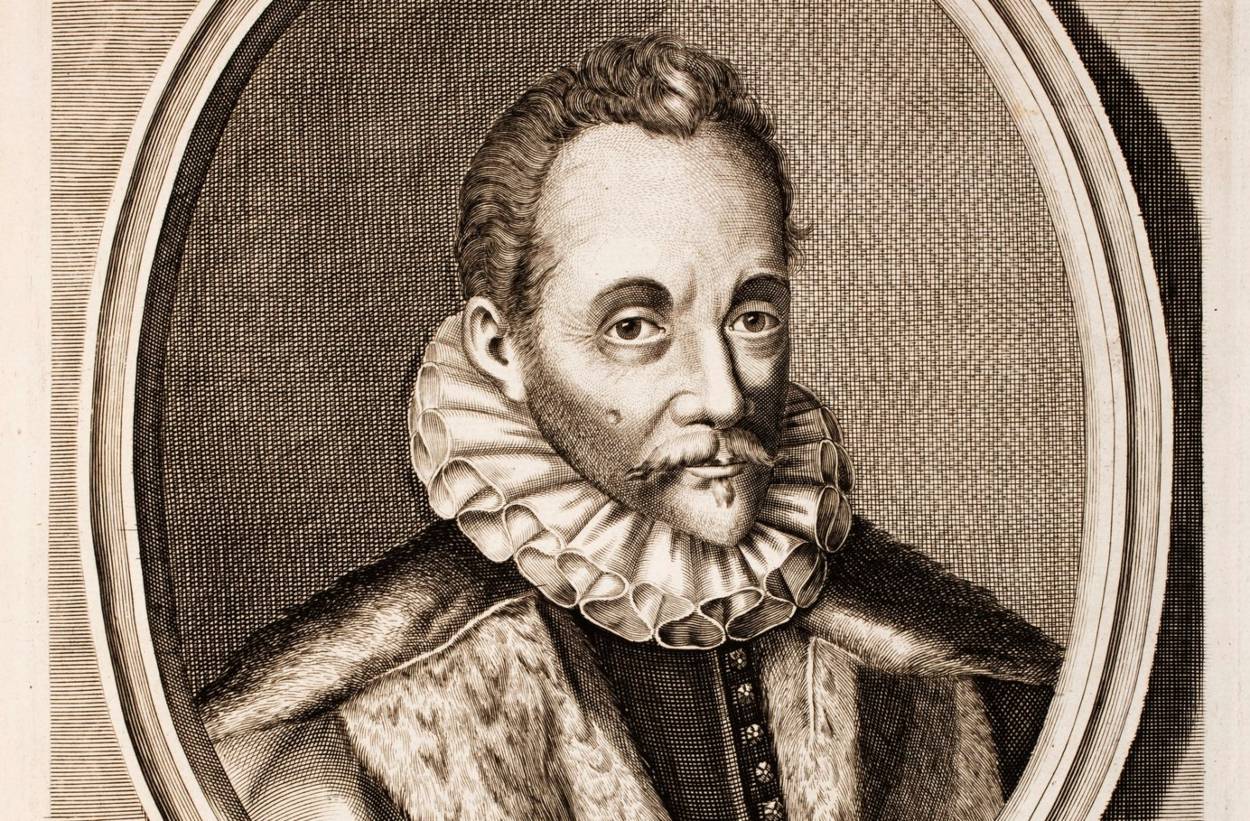Philips van Marnix, Heer van Sint-Aldegonde
Philips van Marnix, Heer van Sint-Aldegonde, was a prominent figure in the Dutch Revolt and played a crucial role in the eventual independence of the Netherlands from Spanish rule. Born in Brussels in 1538, he grew up in a wealthy and influential family. Marnix was not only a skilled politician but also a talented writer, theologian, and linguist. He was fluent in several languages, including French, Latin, and Dutch, and his works were highly regarded during his time.
Marnix began his political career as a diplomat for the Prince of Orange, William of Orange, who was leading the resistance against Spanish rule. He played a key role in negotiating alliances with foreign powers, including England and France, to support the Dutch Revolt. Marnix also served as a military advisor, helping to organize and train the Dutch troops.
During his time as a diplomat, Marnix also wrote several influential works that helped spread the ideas of the Dutch Revolt. His most famous work is the Nederlandse Psalmberijming, a Dutch translation of the Psalms that became the standard version used in Dutch churches for centuries. Marnix’s translation was praised for its clear and concise language, making it accessible to the common people.
Marnix’s political and literary achievements were recognized by the Dutch Republic, and he was appointed as the first burgomaster of Antwerp, a position he held until his death in 1598. His legacy has endured in the Netherlands, with several streets, schools, and institutions named after him.
FAQs
1. What was Philips van Marnix’s role in the Dutch Revolt?
Marnix played a crucial role in the Dutch Revolt as a diplomat, military advisor, and writer. He helped negotiate alliances with foreign powers, organized and trained Dutch troops, and wrote influential works that spread the ideas of the Dutch Revolt.
2. What was Marnix’s most famous work?
Marnix’s most famous work is the Nederlandse Psalmberijming, a Dutch translation of the Psalms that became the standard version used in Dutch churches for centuries.
3. What languages was Marnix fluent in?
Marnix was fluent in several languages, including French, Latin, and Dutch.
4. What position did Marnix hold in Antwerp?
Marnix was appointed as the first burgomaster of Antwerp, a position he held until his death in 1598.
5. What is Marnix’s legacy in the Netherlands?
Marnix’s legacy has endured in the Netherlands, with several streets, schools, and institutions named after him.
